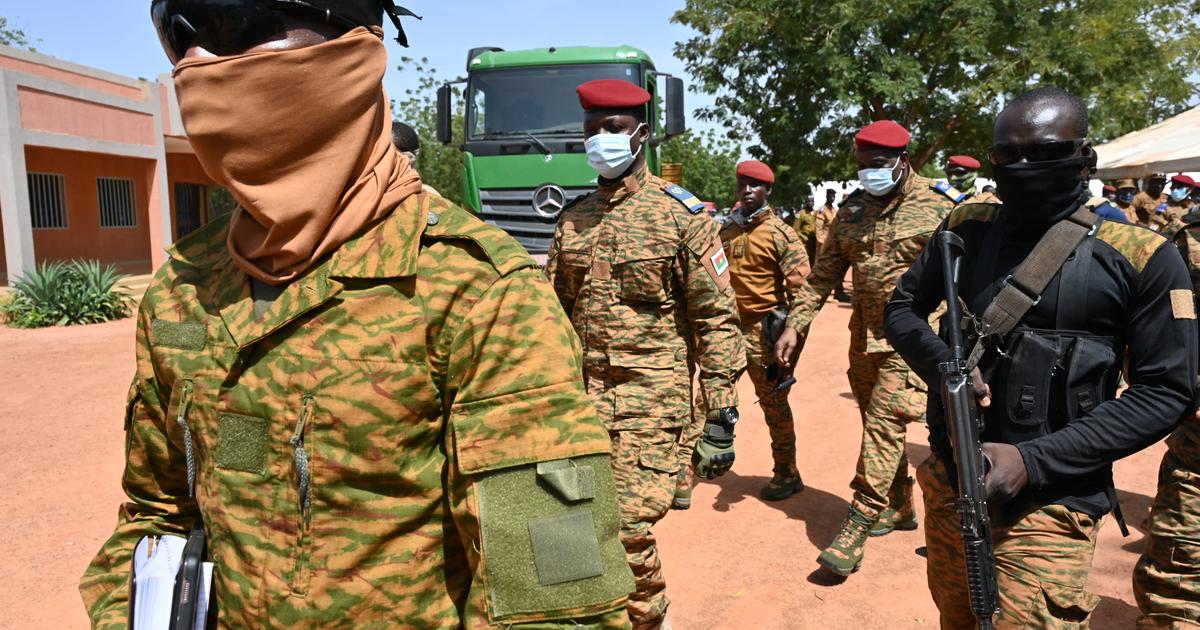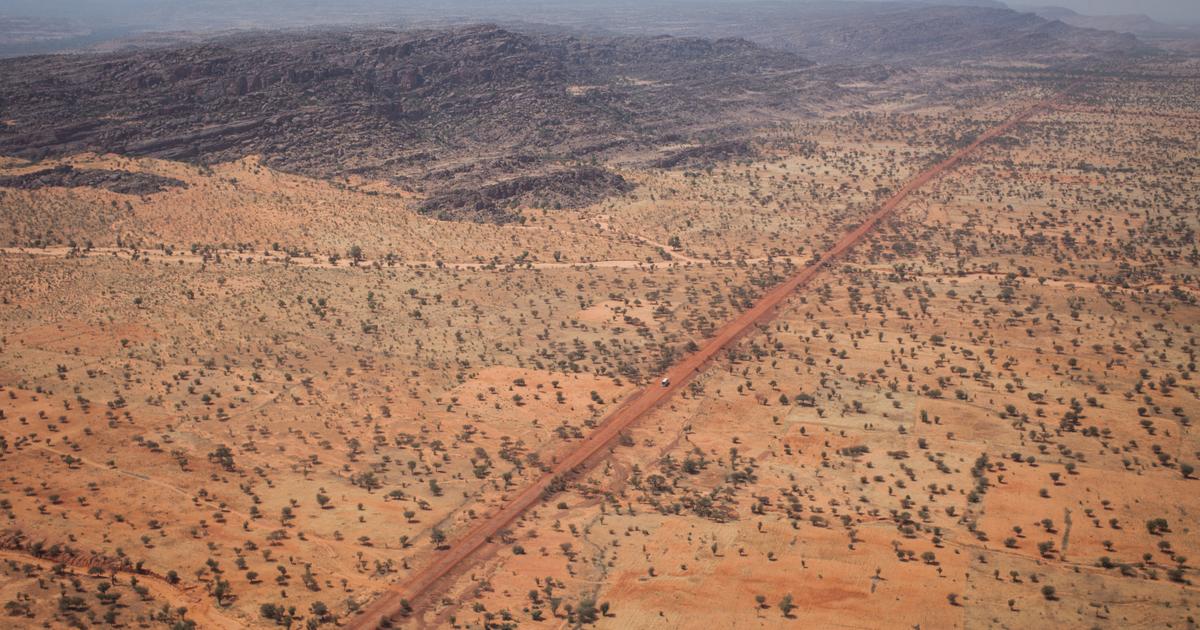The last was South Sudan.
Just three years ago, famine was formally declared in various parts of the north of the African country.
Prior to this - in 2011 - it was Somalia.
And in 1973, Ethiopia.
Experts celebrate that such devastating cases are counted on the fingers of one hand and that there is a growing awareness of it.
However, they put the magnifying glass on the countries that are one step away from crossing the red line: Yemen, Burkina Faso, Nigeria and, again, South Sudan.
"Living on the edge of the abyss is practically as tragic even if it is not so mediatic," criticizes Luca Russo, senior analyst of food crises at the FAO (UN food agency).
Without a decided economic injection, he assures, these four will be next on the list.
More information
Almost 20 million more people suffer acute hunger after the pandemic in the 13 most affected countries in the world
Starving yourself for not doing it from coronavirus
Food insecurity worsens in Argentina due to the pandemic
Declaring a country in a state of famine is not simple.
According to the criteria set out by UNICEF, three requirements must first be met: that at least 20% of the population faces extreme food shortages, that the acute malnutrition rate is above 30% and that produce two deaths a day associated with malnutrition for every 10,000 inhabitants or four infant deaths a day.
But having access to this data is not easy in countries with non-transparent governments.
Bureaucratic obstacles and the lack of statistics are two of the main requests of humanitarian aid organizations.
Another index that is taken into account to determine the risk level of a population is the integrated phase classification (IPC), in which the first stage is low or null and the fifth is technically called as a catastrophe.
Yemen, Burkina Faso, Nigeria and South Sudan - according to ongoing studies by various organizations such as FAO and the World Food Bank - are in the fourth link or very close.
"And they have been a while," Russo emphasizes.
In Somalia, there was an excess mortality of 250,000 people the year before famine was declared.
We are trying to forecast similar figures at these four critical points
Organizations demand an economic boost despite the huge global crisis caused by covid-19 "so that aid does not arrive too late," repeats the expert, who also rescues the lessons learned after the famine in Somalia: "In the In the country, there was an excess mortality of 250,000 people the year before the emergency was declared.
We are trying to forecast similar figures at these four critical points.
These deaths can be avoided if we act now ”.
Resources not reaching Yemen and investors losing confidence
"We are on a countdown to the catastrophe in Yemen," warned David Beasley, executive director of the World Food Program, at a UN conference in mid-November.
“The population is devastated as a result of conflict, hunger and malnutrition.
Now a toxic combination is taking place between the increase in violence, the economic crisis and the collapse that the coronavirus has caused.
This has taken misery to other levels ”.
Beasley explained that it is not the first time that the country has been threatened and that history repeats itself because the authorities do not allow humanitarian aid to arrive: “Since 2018, our people have insisted countless times and have tried to negotiate to access the areas control [...] and what we get are unnecessary barriers ”.
#Yemen: Top UN officials called for a lasting ceasefire and increased funding for humanitarian aid to avoid widespread famine in the country.
🔴 Read @ WFPChief's remarks in full: https://t.co/plWh1mImG7 pic.twitter.com/UF2E1SszTo
- World Food Program (@WFP) November 12, 2020
“Yemen is today the country with the largest population in a situation of food insecurity.
More than 17 million Yemenis are in need of external help, ”Russo explains.
In addition to the tremendous impact on the population, the lack of access of these organizations to the affected areas also translates into a decrease in funds from the main investors, who lose confidence.
The result is that nearly nine million people have stopped being assisted since April.
And more than 360,000 children are in serious danger of starvation, according to statements by one of the spokespersons for the World Food Bank collected by Europa Press.
In Yemen about nine million people have stopped being assisted since April.
And more than 360,000 children are in serious danger of starvation
Once again, the coronavirus crisis made everything worse.
From March to September, with the most consolidated restrictions around the globe, food insecurity soared in 27 countries, according to the latest UN reports.
It is estimated that 104.6 million people suffer from it;
seven million more than last year.
Burkina Faso is one of the hungriest countries.
Two of its provinces are in CPI 4 and about 11,000 people are in CPI 5. Jane Howard, a member of the World Food Program in England, warns that in just one year the number of people who are hungry has tripled: “It is a situation catastrophic due to conflicts, exodus, poverty, climate change and now also due to the impact of the pandemic ”.
Farmers without a harvest, ranchers who cannot graze their flock or sell it in neighboring towns, street vendors who have no streets to sell to, and informal workers who they stopped calling.
The brutal economic crisis in which the planet is plunged is the prelude to hunger in the developing countries.
"I know this is not an easy year for the economy of any country, but at the end of the day this is a global problem," adds Howard.
"We know the pressure from donor countries [the United States, Germany and England, mainly] to ensure the safety of their citizens, but no one will be safe as long as there is still coronavirus in the rest of the world."
FUTURE PLANET can follow on
,
and
, and subscribe
here
to our 'newsletter'
.


/cloudfront-eu-central-1.images.arcpublishing.com/prisa/LEW6QMWWHNE5FNIE3XEQGWJXMQ.jpg)
/cloudfront-eu-central-1.images.arcpublishing.com/prisa/KEJKPQHVMJAPJONPEDK42JL56U.jpg)





